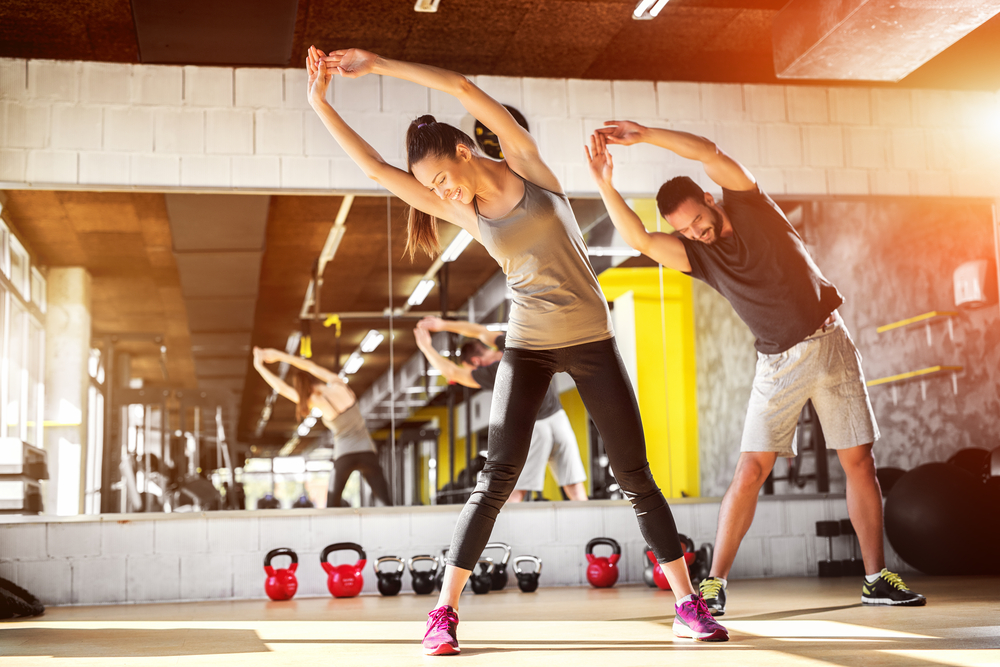
Do Men And Women Need Different Sports Nutrition?
Gone are the days when the weights room was solely a man’s domain. Women understand the benefits of training with weights and most of us know that lifting won’t give us a man’s physique. Yet some supplement companies still insist on creating sports supplements products for women. Why?
Do men and women need different sports nutrition?
Let’s get to the bottom of this. The short answer, of course, is no. Men and women do not need different sports supplements. But, in the interests of writing a decent length article for you to read, let’s go beyond one word answers.
Sporting goals aside, do men and women need to train differently in the gym? No. If a person wants to build lean mass, increase power, shed body fat or see their 1RM go up, they need to follow a structured training programme which has nothing to do with the number of X chromosomes they possess.
The same goes for sports nutrition. If a person is looking for a good quality protein supplement, amino acids, creatine, glutamine, BCAAs, a pre-workout boost or a post-workout shake, they need the same ingredients, in the same ratios. Being male or female has no bearing on what their body needs to stay hydrated, to support training, and to repair and recover after it. Dosage might need to be adjusted to take into account bodyweight or composition (having said that, plenty of women carry more mass than men). Common ingredients added to sports supplements aimed at women are green tea and CLA: “diet” ingredients. What does that say about how the industry views women’s fitness goals?
What about hormones and women’s health issues?
There are some exceptions. It would be silly to pretend that men and women’s bodies are the same (I think we’re all grateful that they’re not!) On a hormonal level, men and women differ greatly and women face some unique challenges. So, yes, if we’re talking women-specific health issues then there are health supplements, vitamins and minerals which may benefit women. But that’s separate to sports supplementation and protein, and doesn’t mean there’s a need for women-only protein powders with added diet-centric, fat-burning, appetite-suppressing ingredients.
Do women’s sports supplements encourage women to be more active?
Perhaps there’s a case for sports supplements marketed towards women. Is it such a bad thing if pink-packaged protein acts as a gateway product for women new to lifting or nervous about adding sports supplements to their nutrition plan? Surely anything which encourages women to eat better and be more active is a good thing? Well, yes. But the bottom line is that women’s sports nutrition is a marketing ploy at best, and an over-priced fib at worst. Women don’t need a softly-softly approach and don’t need things dumbing down. Maybe, instead of “pinking and shrinking” existing sports nutrition, the industry needs to reach out to women through better communication, more engagement and intelligent education about sports supplements?
What do you think? Have you ever bought women-specific sports nutrition?


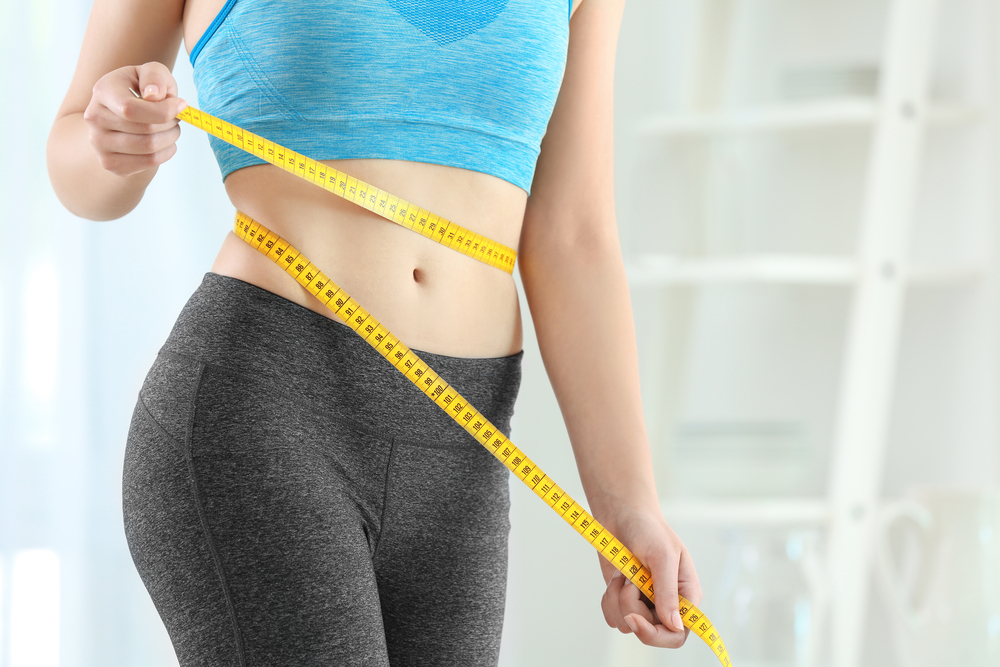
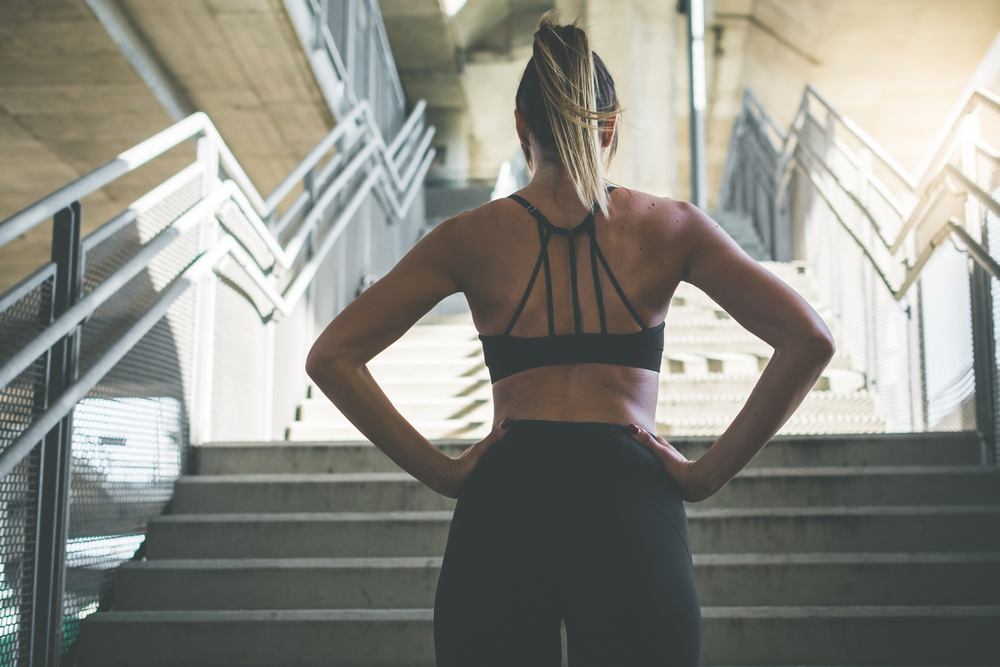
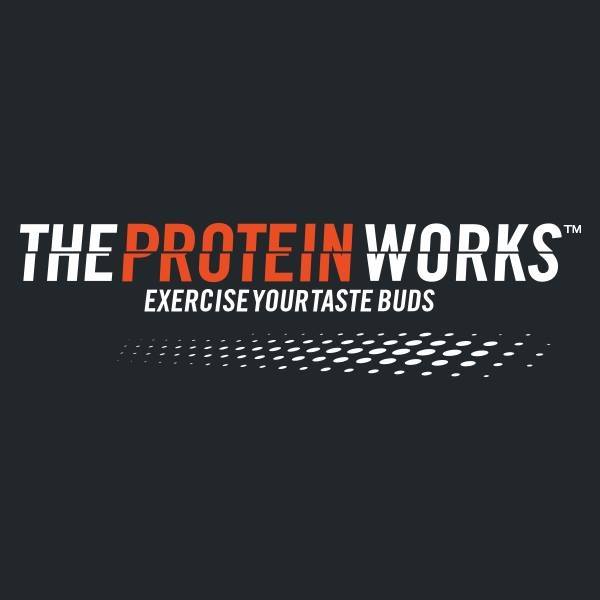
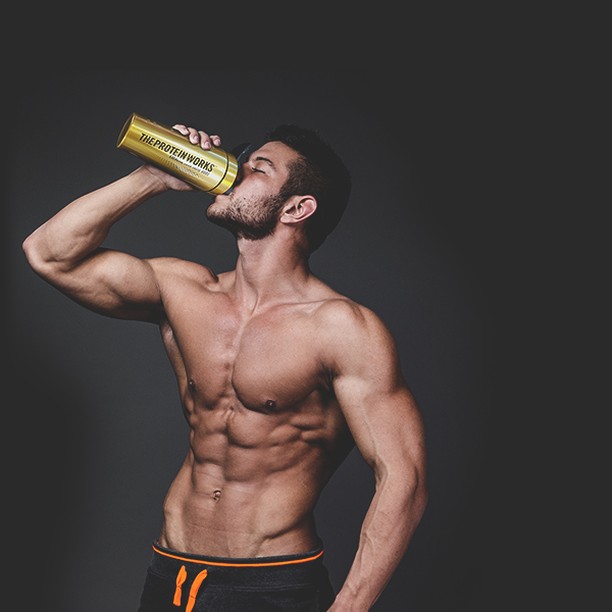
No Comments yet!